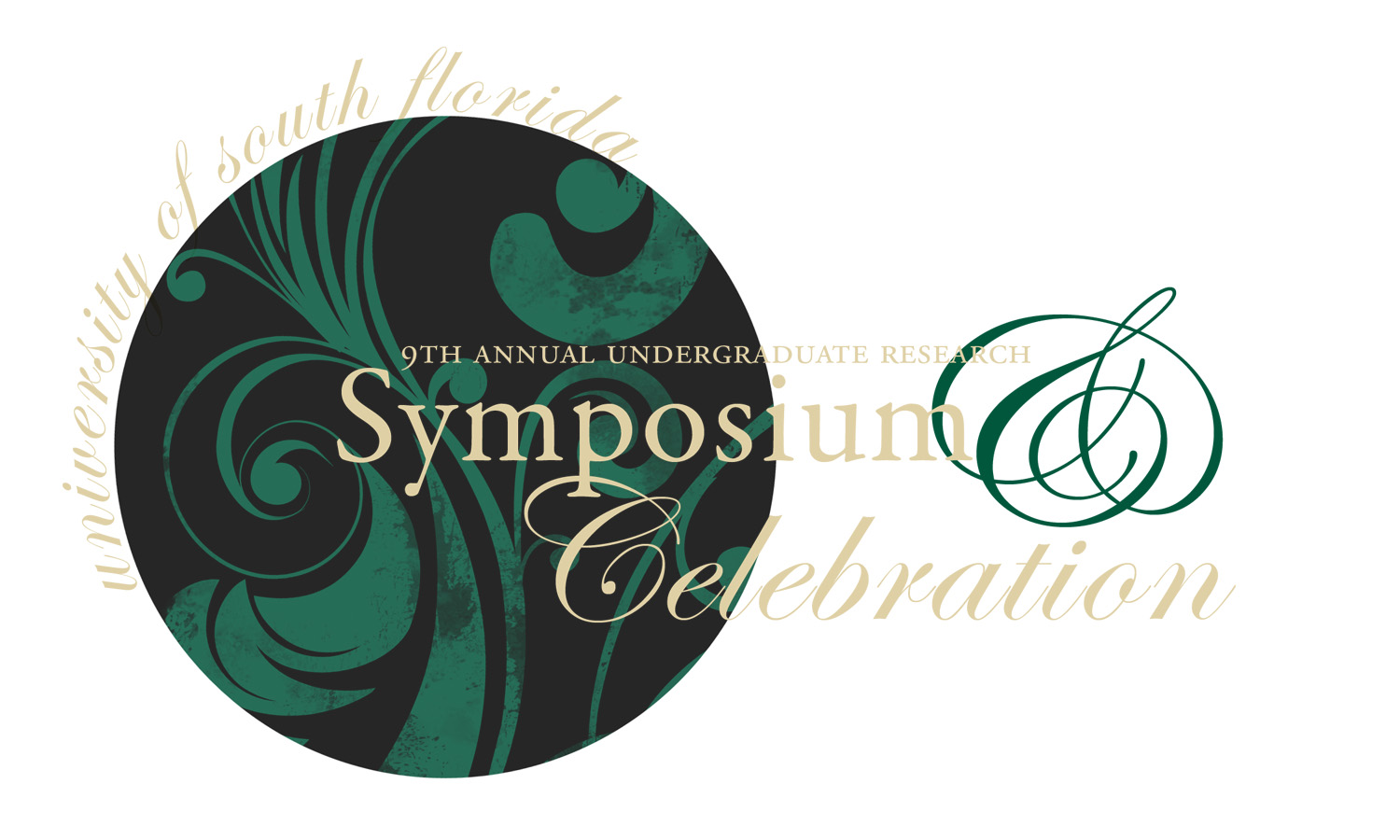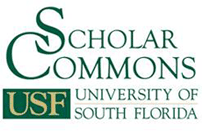Presentation Type
Paper
Abstract
In recent years, there has been a dramatic increase in the number of individuals who become addicted to prescription drugs due to a misperception that they are safe. However, although the number of opiate users has increased, data indicates about 50% refuse drug court because of its current abstinence-based requirement to not use any mood altering medication, including prescriptions. Hillsborough County’s 13th Judicial Circuit Court was awarded a SAMHSA Adult Treatment Drug Court grant entitled Medication Assisted Drug Court Treatment (MADCT) to expand substance abuse treatment for court-ordered felony offenders with opioid dependency. Clients receive methadone or buprenorphine, outpatient counseling, and drug court monitoring. However, even though recognized as an evidence-based practice, medication-assisted treatment has been a controversial method of opioid treatment. Therefore, the goal of this study is to evaluate attitudes within the MADCT program toward medication assisted treatment including treatment professionals, court affiliates, law enforcement detectives, and community partners (including professionals working on task forces). Results will be disseminated in order to recommend educational tools and guidelines to make medication-assisted treatment more widely accepted as a positive, effective practice within drug court.
Categories
Behavioral Sciences
Research Type
Research Assistant
Mentor Information
Dr. Kathy Moore
Included in
Attitudes Toward Medication-Assisted Treatment Within a Drug Court Program
In recent years, there has been a dramatic increase in the number of individuals who become addicted to prescription drugs due to a misperception that they are safe. However, although the number of opiate users has increased, data indicates about 50% refuse drug court because of its current abstinence-based requirement to not use any mood altering medication, including prescriptions. Hillsborough County’s 13th Judicial Circuit Court was awarded a SAMHSA Adult Treatment Drug Court grant entitled Medication Assisted Drug Court Treatment (MADCT) to expand substance abuse treatment for court-ordered felony offenders with opioid dependency. Clients receive methadone or buprenorphine, outpatient counseling, and drug court monitoring. However, even though recognized as an evidence-based practice, medication-assisted treatment has been a controversial method of opioid treatment. Therefore, the goal of this study is to evaluate attitudes within the MADCT program toward medication assisted treatment including treatment professionals, court affiliates, law enforcement detectives, and community partners (including professionals working on task forces). Results will be disseminated in order to recommend educational tools and guidelines to make medication-assisted treatment more widely accepted as a positive, effective practice within drug court.

